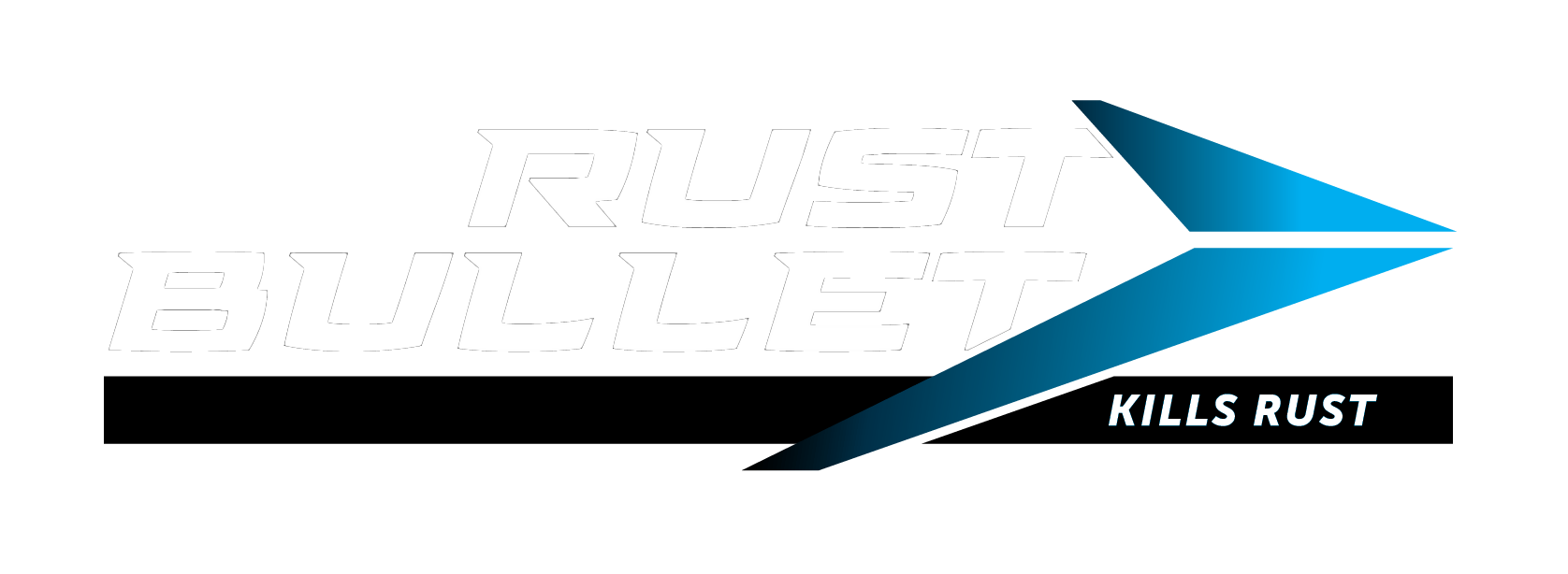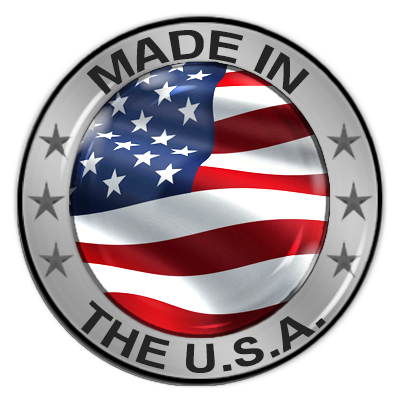
Rust might start small, so most people tend to ignore the problem until they realize how fast it can spread and cause further issues. It negatively affects the stability and function of critical machinery, equipment, and other metal assets, costing you thousands of dollars for repairs or replacements. That makes rust prevention a must to save money and time and avoid frustration.
How to prevent rust
Preventing rust means ensuring moisture does not reach and damage the metal. However, you can also consider using a material that rusts slowly or is not too prone to it. Using oil, dry and powder coatings, and galvanizing are standard practices to minimize the risk of corrosion, but there are other things you can do while ensuring human and environmental safety. Here are our tips for rust prevention in any situation.
- Use moisture-cure urethane corrosion inhibitors
Moisture-cured rust inhibitors use the atmosphere’s natural elements for curing instead of artificial heat sources. They eliminate the need for additional activators or components. They may contain isocyanates, but these are bound safely in the polymer chain, making the product unlikely to cause environmental or health risks as long as it is applied according to the manufacturer’s guidelines.
- Consider a urethane coating that combines the advantages of both durability and weather resistance.
Different coatings use various types of isocyanates and polyols, which directly affect how well they perform under environmental stress. With Rust Bullet, you get a formulation that delivers the best of both — offering strength and flexibility while providing excellent resistance to UV light, abrasion, and harsh chemicals.
- Make sure it performs in all environments
Effective rust inhibitors perform optimally in atmospheric, underground, and immersion environments with their thermal stability, waterproofing, flexibility, and chemical and impact resistance.
- Choose an environmentally friendly formulation
Invest in a high-quality rust inhibitor that does not contain zinc, lead, heavy metals, and chromates. It should meet and exceed the California VOC Standards and the EPA Standards for Potable Water.
- Find a fire-retardant coating
Polyurethane coatings are better than elastomeric variants for rust prevention as they exhibit exceptional impact resistance to meet ASTM D-2444, flexibility (ASTM D-522), and abrasion resistance (ASTM D-4060).s





Comments are closed